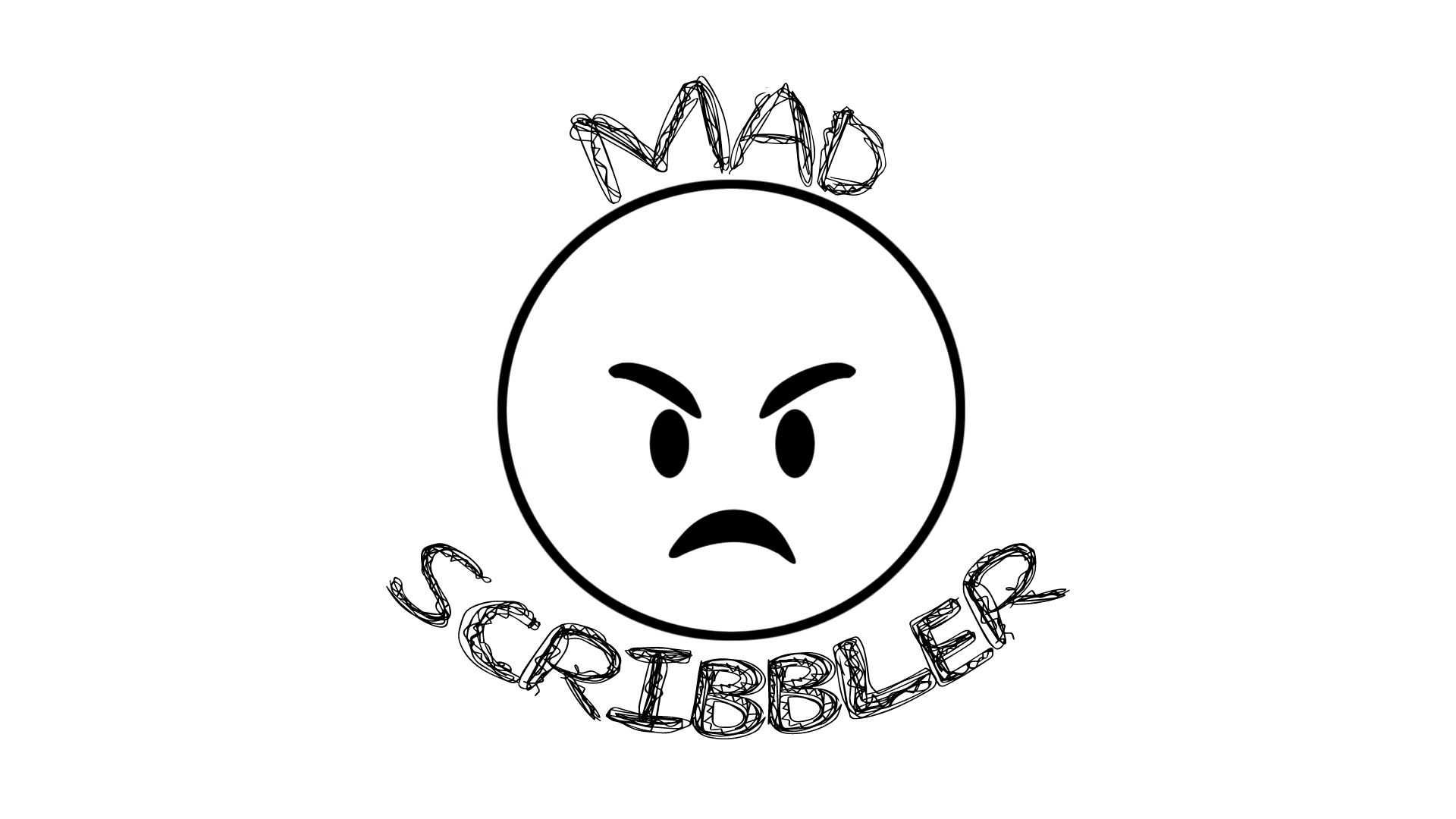Ever wondered what doing a bump of blow off a hooker’s ass crack and unfertilized eggs have in common? It’s more than political strawmen crafted to ensure Planned Parenthood doesn’t get funding which allows women to protect their future, although misleading claims are at center stage. Ethical drug dealing mirrors consumerism in modern practices, and it can show legal consumers precisely what does, and does not, work against the human psyche. Drug dealers have begun adhering to the idea of selling illicit substances under the claim of ‘ethically sourced’ at a premium, and users are readily paying more than double the standard cost just for the marketing term.
The entire idea of the rise of ‘ethical drug dealing’ may seem a bit like an oxymoron, if even tangible. This is for good reason; the life of a drug product typically changes multiple hands before ending up at the user. The illegality of drugs further opens multiple avenues into human rights violations. One could imagine the difficulty in enforcing workers’ rights for a loosely affiliated ‘company’ that operates entirely off-the-record.
Unfertilized Eggs and Blow
Interestingly, much of the same could be said regarding foodstuffs – many claims aren’t monitored by the FDA. These claims primarily fall under a category the FDA deems as ‘structure or function’ claims1, such as ‘maintaining a healthy circulatory system’ or ‘works as an antioxidant’, which companies have generally free reign to use as long as they tack on a statement about not being verified in tiny print.
Eggs (chicken, not human) are another discussion, albeit a bit closer to where we’re aiming with the discussion of the rise of ethical drug dealing. Some claims on egg cartons mean absolutely nothing2, believe it or not. The term ‘cage free’ could mean that the fowl was trapped inside of a building, but without literal cages (the term ‘cage free’ isn’t necessarily regulated by the FDA, although all statements must be ‘truthful and not misleading’). Roughly 94% of the eggs commercially produced in the United States are from caged hens2.
What you’re actually looking for is a statement that says either ‘Animal Welfare Approved’, or ‘Certified Humane by Humane Farm Animal Care.’ They’re far more difficult to find, but it’s a guarantee that the farm is working within stringent ethical confines 😠. In spite of the loose ruling of claims on foods, and a slurry of disclaimers, vague promises of humanitarian treatment proves to be an effective marketing tactic. People correlate humane practices with higher quality, and that seems to be the general rule of thumb.
The Platitude of Ethics
Now, like Whitney Houston fresh from rehab, we go back to drugs.
This Week in ‘How It’s Made’
The specific term of ethical drug dealing can vary in weight, based primarily on how much work needs to be done between stages to process a substance into a drug.
Some drugs, such as weed, are relatively easier to trust. The plant comes from soil, and many nations have fully legalized the plant, along with some states in the US. A solo operation claiming ethical sourcing of the plant is plausible, as is the marijuana coming from an official company (with the appropriate government oversights). It’s important to note that the relative safety of pot comes from those two factors – the spreading legalization of marijuana, and the ease of its growth.
Ostensibly, psychedelic mushrooms are also relatively safe for much the same reason – a naturally occurring plant that needs little overhead in terms of manpower. This isn’t to say that you can’t have horrible experiences (I was attacked by a stereo in a shroom-fueled episode far too close to the 1987 film The Brave Little Toaster), but they won’t bring the ever-present threat of death through usage, and it’s unlikely to have been cultivated through the usage of slave labor
For synthetic drugs, this becomes a far murkier subject. These are man-made drugs that are created through multiple means – sometimes, such as for LSD, it’s almost entirely inside of a laboratory environment. Other times, you begin with a plant (such as poppy) and it must be manufactured in a specific means to result in a product that can result in a high for end users. The poppy flower is the primary ingredient for heroin, opium, morphine, and codeine – meaning that what the doctors are offering are a bit closer to hardcore drugs than many would like to admit.
This introduces multiple stops for a soon-to-be drug, from the harvesting of the original resources to processing, cutting, passing along supply lines, and eventually getting into the hands of the consumer. This manufacturing process invites multiple opportunities for exploitation of labor, and deducing precisely where your blow (for instance) is coming from is all but impossible.
Many users on the street will simply find a reliable dealer who doesn’t cut it too hard (the act of adding other substances to increase the weight of the end-product, resulting in more product to be sold), and rely on that dealer until they’re either pinched or fall to an unfortunate demise. These dealers (anecdotally) typically know the individual above them in the dealing process and may very rarely be introduced to the one above his immediate supplier. Beyond that, control of the product by manufacturers from harvest to dealing invites multiple opportunities for the entire operation to become.
A Satisfying Climax
Now, as is tradition, it’s a lot of context to get to the heart of the matter, but all are now well-equipped to understand precisely what is being discussed – proposed ethical drug dealing. The proposed ethics of the current trend sweeping (or blowing) across the United Kingdom. These drugs, typically cocaine to appease the ever-delicate nostrils of the bourgeois, are sold at a higher mark-up of standardized blow with the added caveat of dealers informing end-users that it’s produced within ethical & humanitarian standards. Users are being sold on the idea of ethical drug dealing, without any form of guarantee.
The cocaine, dubbed as ‘woke coke’7, and selling for roughly $435 per gram in the UK8 – a gargantuan markup considering a gram in 2019 hovered around $1279 . A 300% increase (fuzzy math, right?) just for the claim of ethical sourcing.
Much like many foodstuffs and consumer products, it’s next to impossible to guarantee the ethical sourcing of illicit drugs, even if we take Tupac’s THUGLIFE 😠 points into account as a standard means of operation for these syndicates.
THUGLIFE
At first, the idea of aristocrats powdering their sinuses at a premium with the reasoning equivalent of an errant label on foodstuffs is seemingly little more than interesting. Yet foodstuffs exploit this precise empathetic vulnerability of the human condition.
Even if it comes at a 300% markup with no discernible facts supporting the document, perhaps this is tangible proof that humans want what’s best for humanity. Which, in the modern climate, is a much-needed breath of relief.
Sources
- Choosing and using dietary supplements wisely. American Cancer Society. (n.d.). Retrieved November 8, 2021, from https://www.cancer.org/treatment/treatments-and-side-effects/complementary-and-alternative-medicine/dietary-supplements/reading-labels.html.
- Oscar. (2021, February 16). What does Cage Free Mean? Greener Choices. Retrieved November 8, 2021, from https://www.greenerchoices.org/cage-free-mean/.
- Oxfam urges Amazon to address human rights risks in its supply chain and protect its workers. Oxfam. (2020, May 27). Retrieved November 8, 2021, from https://www.oxfamamerica.org/press/oxfam-urges-amazon-address-human-rights-risks-its-supply-chain-and-protect-its-workers/.
- Gurley, L. K. (2021, March 25). Amazon denies workers pee in bottles. here are the pee bottles. VICE. Retrieved November 8, 2021, from https://www.vice.com/en/article/k7amyn/amazon-denies-workers-pee-in-bottles-here-are-the-pee-bottles.
- Swanson, A. (2020, November 29). Nike and Coca-Cola Lobby against Xinjiang forced labor bill. The New York Times. Retrieved November 8, 2021, from https://www.nytimes.com/2020/11/29/business/economy/nike-coca-cola-xinjiang-forced-labor-bill.html.
- Press, A. (2021, June 17). Supreme Court Backs Nestle, Cargill in child slave labor suit. POLITICO. Retrieved November 8, 2021, from https://www.politico.com/news/2021/06/17/supreme-court-ruling-child-slave-labor-495022.
- Daly, M. (2021, August 5). The truth about ‘woke coke’. UnHerd. Retrieved November 8, 2021, from https://unherd.com/2021/07/the-truth-about-woke-coke/.
- NZ Herald. (2021, June 29). ‘woke coke’: Drug Dealers Marketing ‘ethically sourced’ cocaine. NZ Herald. Retrieved November 8, 2021, from https://www.nzherald.co.nz/lifestyle/woke-coke-drug-dealers-marketing-ethically-sourced-cocaine/GNLHWZNWDEIL3ZZBEVZCTUHZAM/.
- Richter, F. (2021, June 25). Infographic: The street price of a gram of cocaine. Statista Infographics. Retrieved November 8, 2021, from https://www.statista.com/chart/18527/cocaine-retail-steet-prices-in-selected-countries/.








